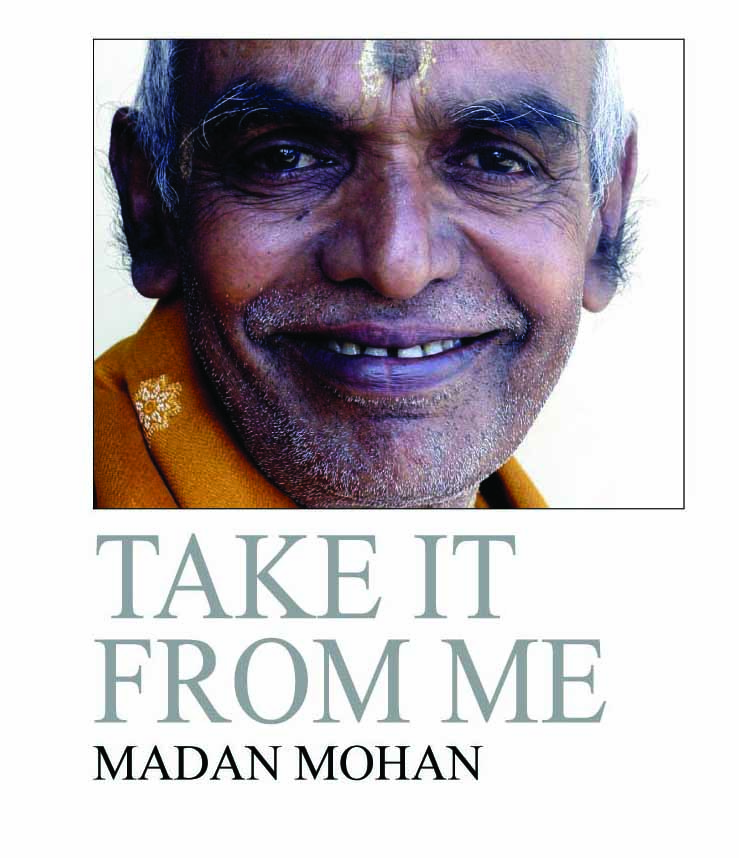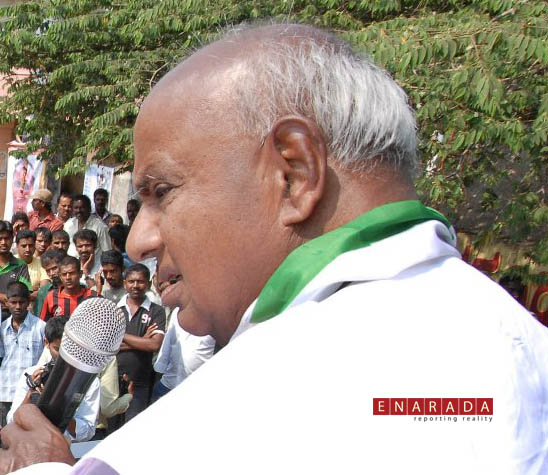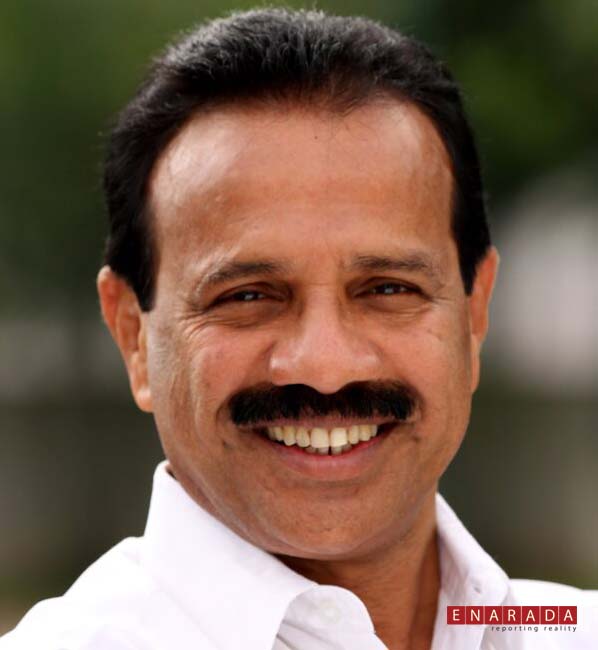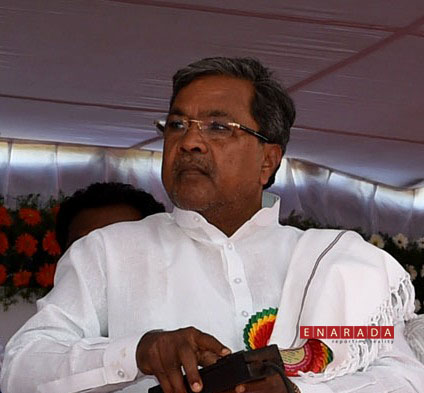
By MATHIHALLI MADAN MOHAN , March 17, 2013 ;
In the flush of enthusiasm in deciphering the political message sent across by the urban voters in the just concluded civic elections, everyone appear to have glossed over certain conundrums inherent therein, which clouds our understanding.
Firstly this was an election which was not wanted either by the political parties or the urban voters. The ruling BJP tried all the tricks to seek the postponement under one or the other pretext. None of them wanted any electoral tryst with any section of the voters, in view of the impending assembly elections.
And the urban voters have made their disdain clear by showing only lukewarm to the civic polls in the past. This time too they made their position clear, with the bulk of voters staying away from the booths.
As a matter of fact, but for the State Election Commission and the Supreme Court, the elections would not have been held at all. The State Election Commission entrusted with the task of holding timely elections to the urban bodies, as has been mandated by the Constitution, went to the apex court to uphold the people right to have timely polls, when the state government was dillydallying with it. And the Supreme Court upheld its stand. The court refused to buy arguments to the contrary advanced by the state government.
Saddled with the elections, an unwanted baby by any standard, the political parties responded rather laconically and went through the process in a routine manner. That the civic elections could be turned into a run up of sorts for the bigger trial of strength a few months later, also did not inject any sense of urgency or seriousness in wooing the urban voters. The campaign was dull and pedantic and casual was the selection of candidates. The release of manifestoes was nothing more than a ritual. All the political parties let go the opportunity of converting the urban election as some sort of a run up for the battle royal for assembly, which is a few months away. The parties merely talked in terms of inanities, which hardly carried any conviction with the voters.
Not that the political parties, had no issue to agitate or catch the imagination of the urban voters. But they simply did not bother to dwell on them.
There was for example the question of empowering the local bodies financially and administratively in terms of the 74th Constitutional amendment enacted more than two decades ago. Every state government of the day which held the reigns were markedly reluctant to initiate enabling measures to translate the constitutional provisions into realities for the benefit of the urban voters, lest they lose control over these bodies. They did not do it in the past. And refrained from doing so now too
It may be incidentally noted here that the 74th Constitutional amendment enacted way back in 1992, was a fruition of the nation wide debate on how to turn the dull and staid urban local bodies, as a purposeful instrument of delivering good civic governance in meeting the felt basic needs of the people.
For example, the basic problem with the urban bodies big and small in Karnataka is that they are financial emaciated. Barring the property tax, they have no other sources of income of their own which in most of the cases is not even able to meet the staff salaries too.
With a view to make these bodies, acquire some sort of financial stability, the 74th Constitutional amendment envisaged bringing urban development activities (which in present circumstances is a virtual money spinner) under fold of the urban bodies and recommended devolution of resources of the state government through the constitution of the state finance commissions. Both of them have not been attempted too.
But contrary to the provisions of the Constitution, the state government has been persisting with separate urban development bodies outside the fold of the urban local bodies. And the devolution of the resources also has been only on paper, with no worthwhile strides being taken, as a result of which the urban local bodies continue to depend on the doles of the government and persist with hand to mouth existence. If the government does not give any grant, it will be well nigh impossible for the urban bodies even to improve the roads.
The constitutional provision to free the municipal elections from the whims and fancies of the government and ensure that the elections are held regularly once in five years, is regularly trifled with impunity by the state government, and what happened in this election being the latest in this genre.
As a part of the decentralisation, the Constitution envisages a two tier system of government, with the municipal council being top body and separately constituted ward committee being at the grass root level. This has been planned to ensure greater participation of the people in the process of governance and introduce transparency in the working. This has proved to be a non starter. These are but few examples of the sins of omission and commission, which have denied the urban voters whatever the constitutional makers had given them
Under the circumstances one fails to understand how the political parties are attempting to interpret the outcome as a mandate in their favour or otherwise. It has also been noticed that the political influence tends to taper off with the gradual decline in the size of the constituency. The political overtones which are quite strong at the parliamentary polls tends to taper off gradually at the assembly level and in the case of municipal and panchayat elections, it tends to get marginalized. The candidates in these constituencies get elected for reasons other than the political leaning.
The only clear message that the voter has given through this election is to reiterate his growing disenchantment with the political parties. And it is for this reason that poll turn out continues to be low. But the political parties are hardly bothered.
(Author is a Senior Journalist and Columnist.
Mobile: +91 94480 74872 Email :Madan Mohan <madan.mm@gmail.com>)




